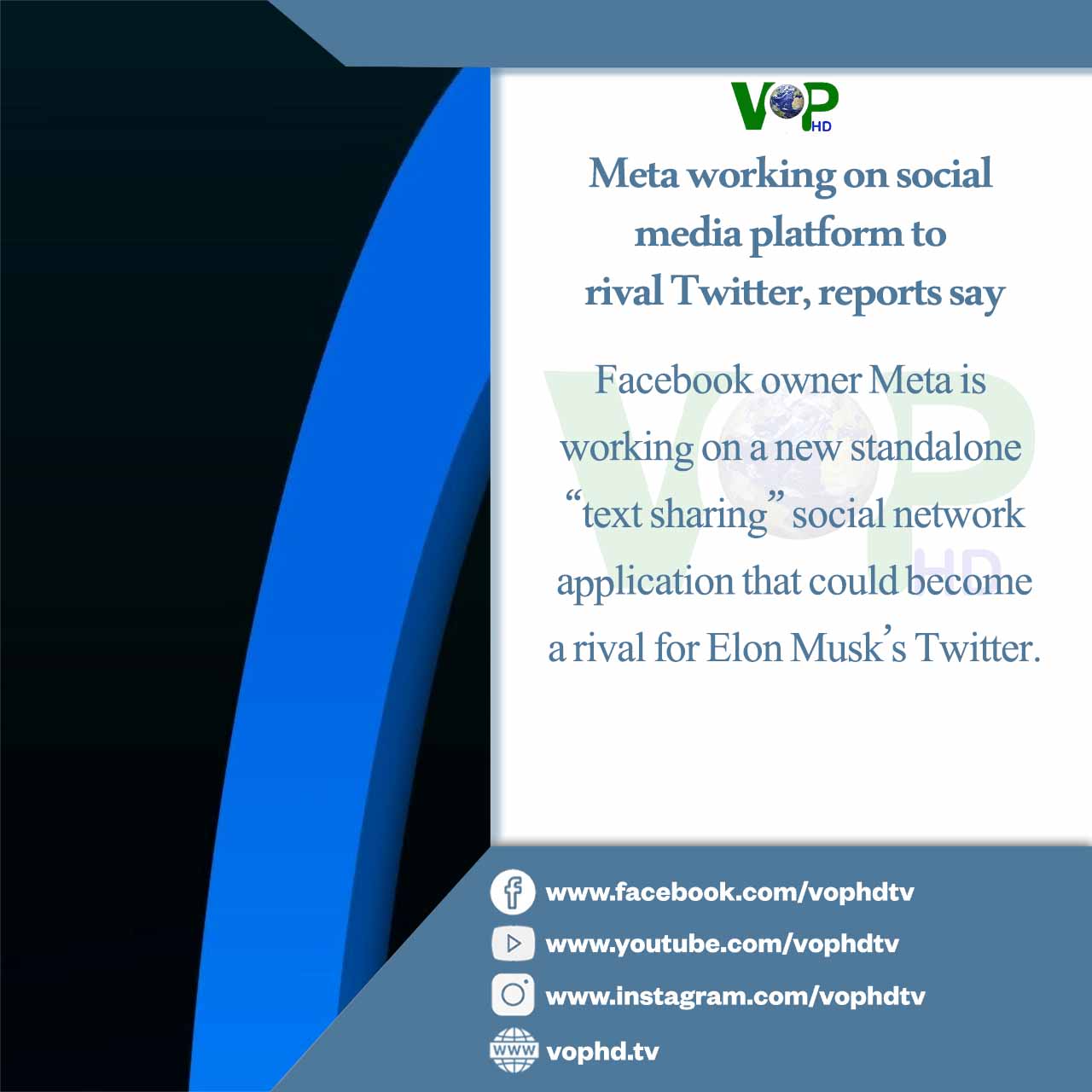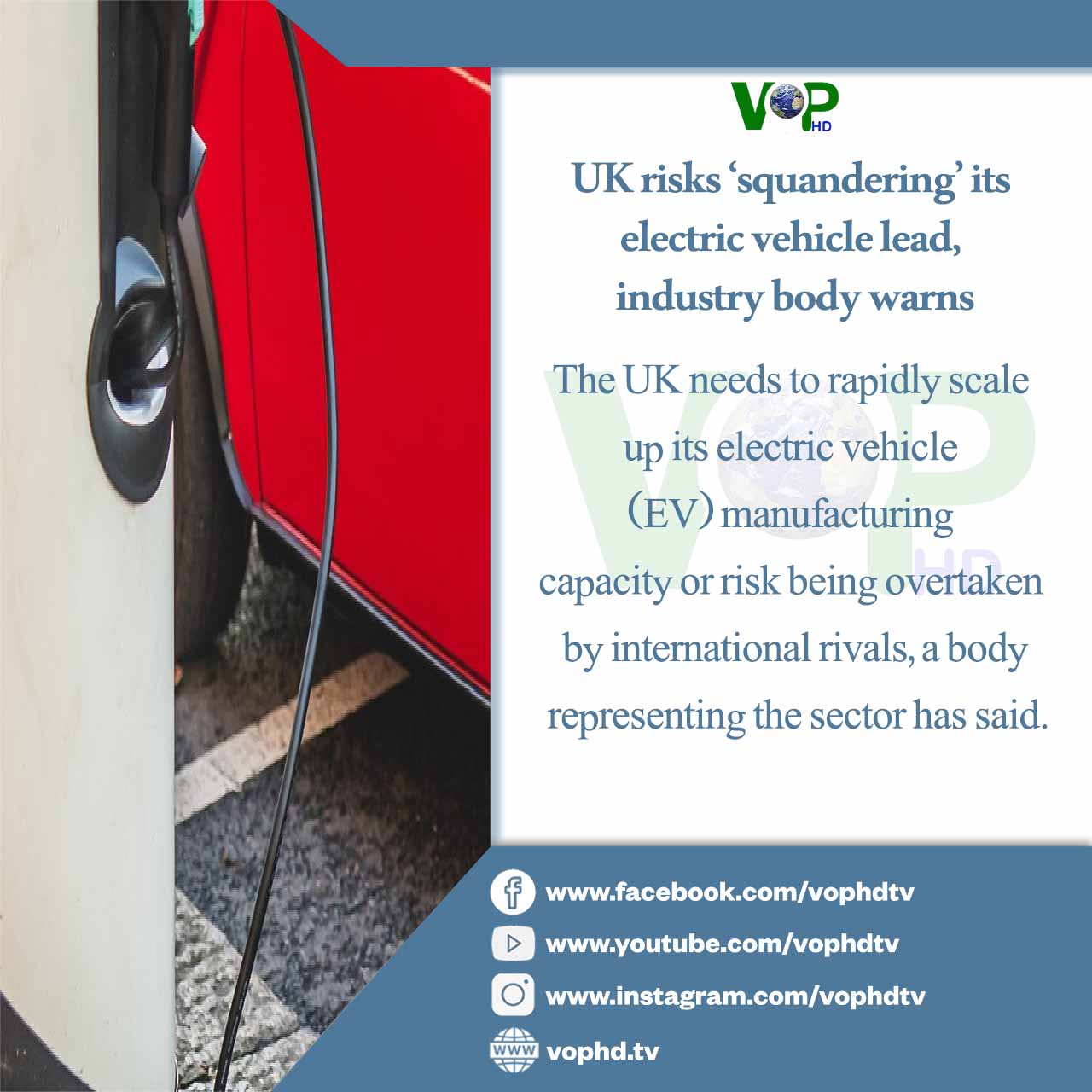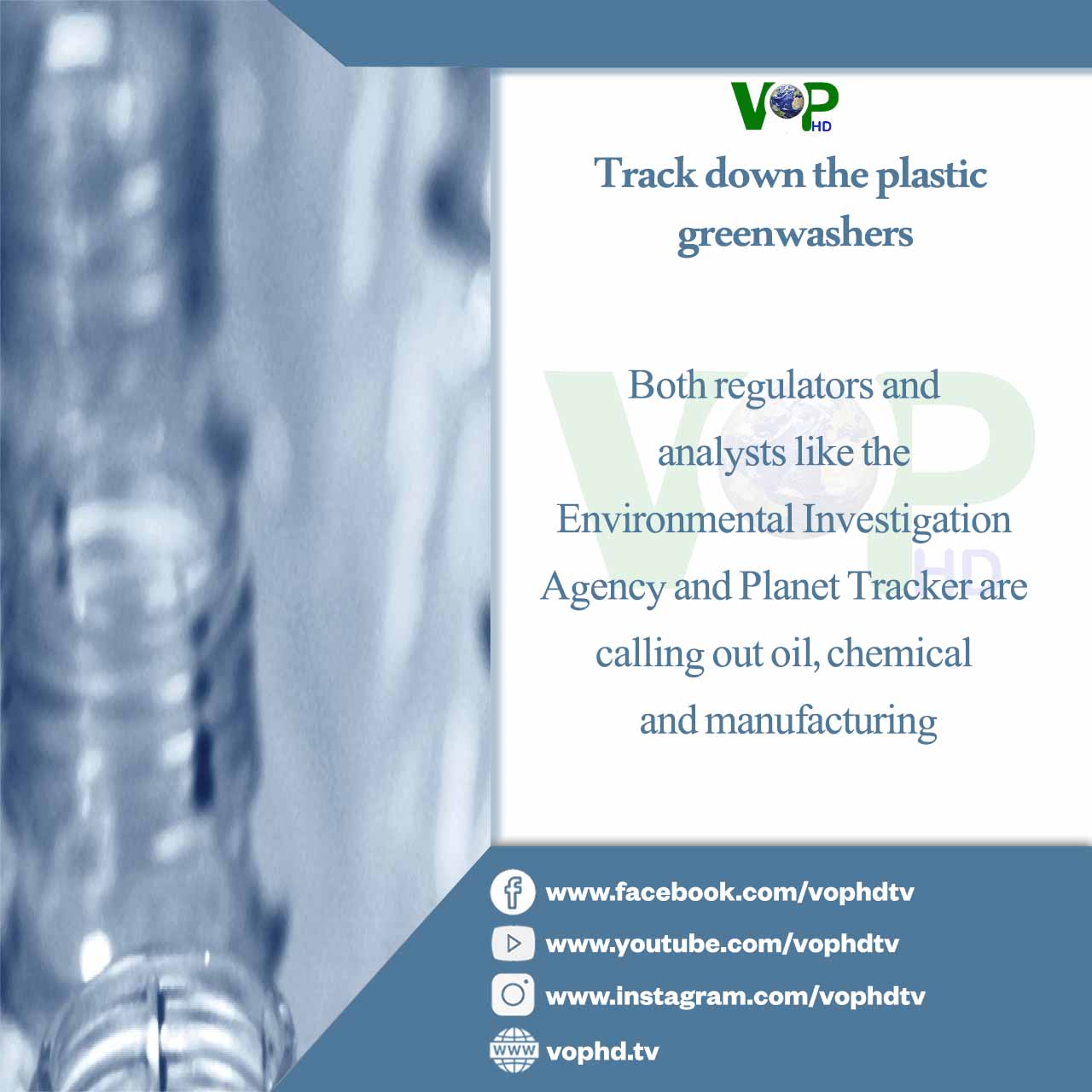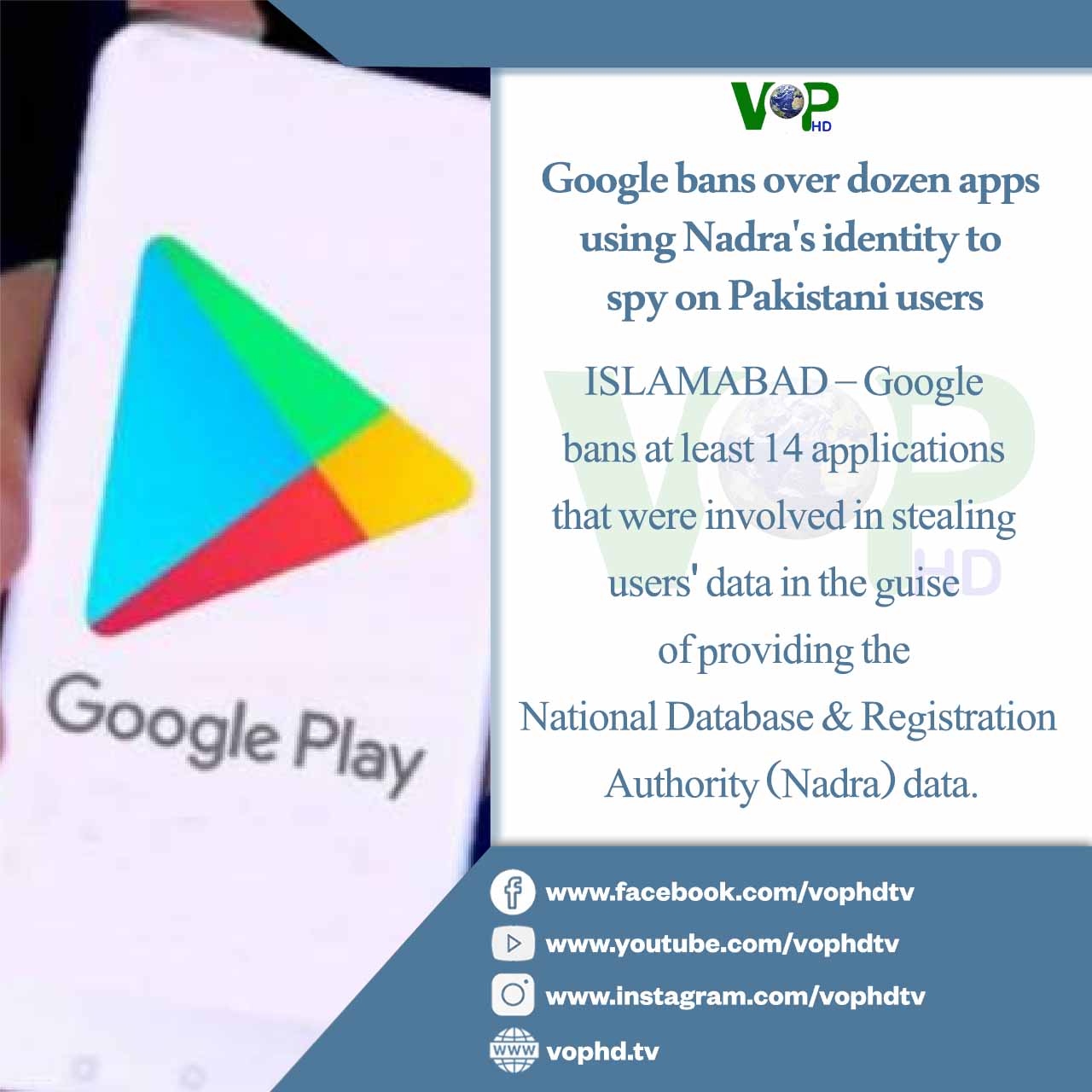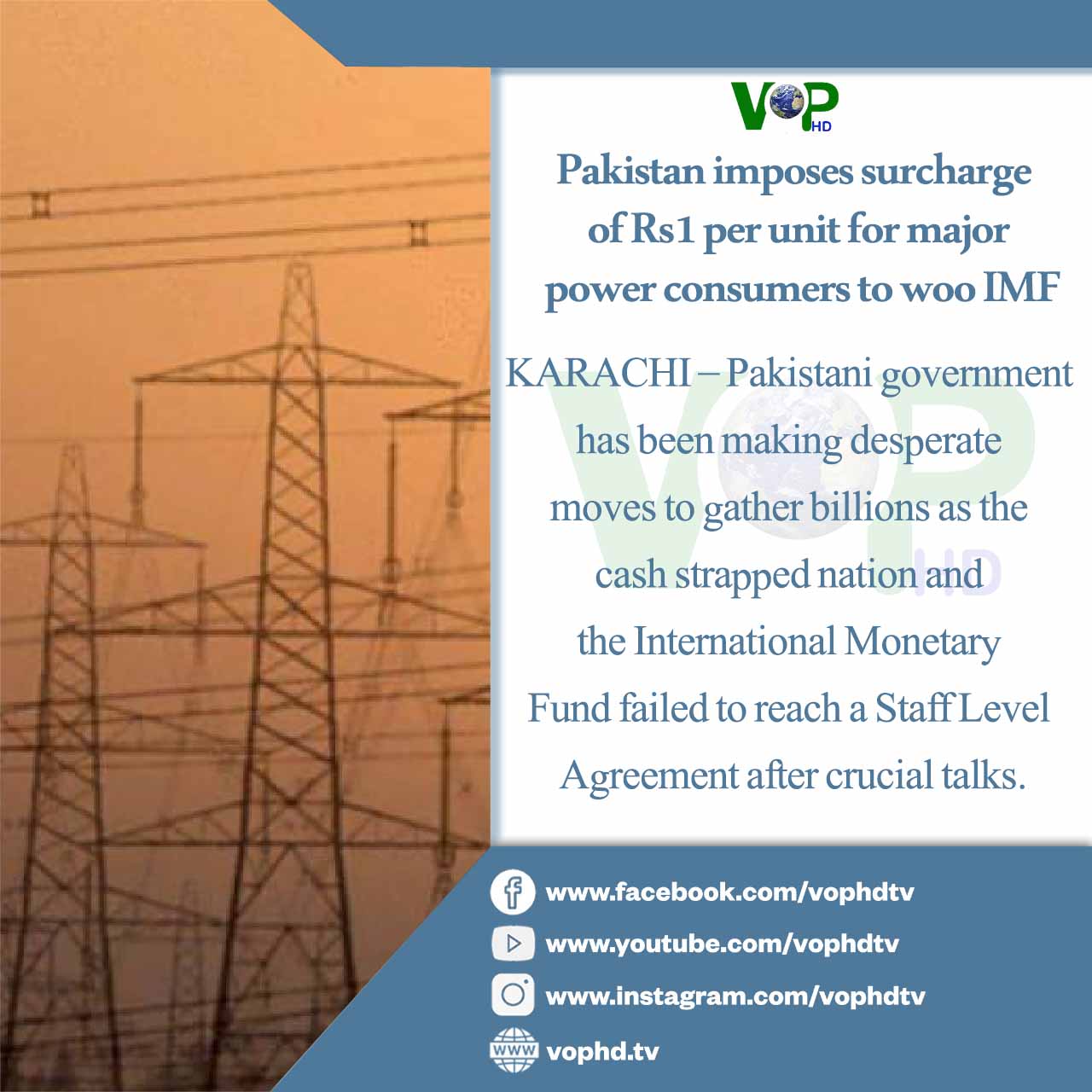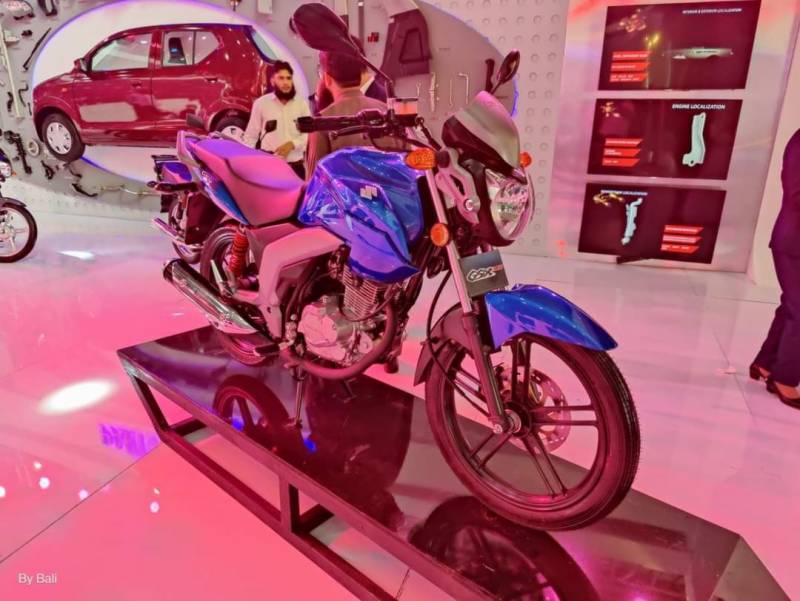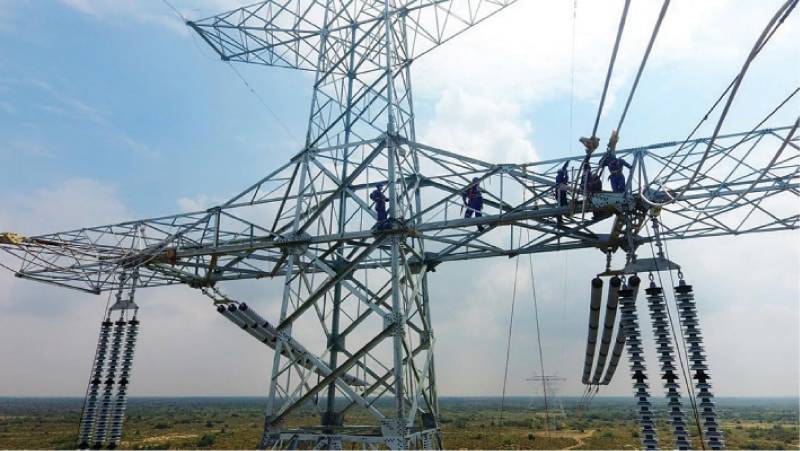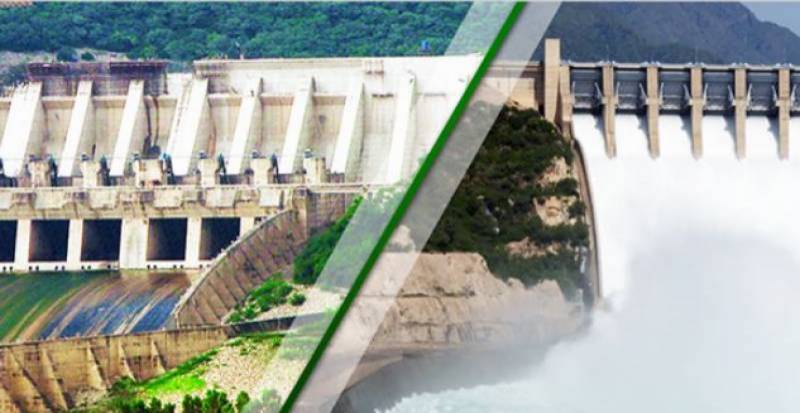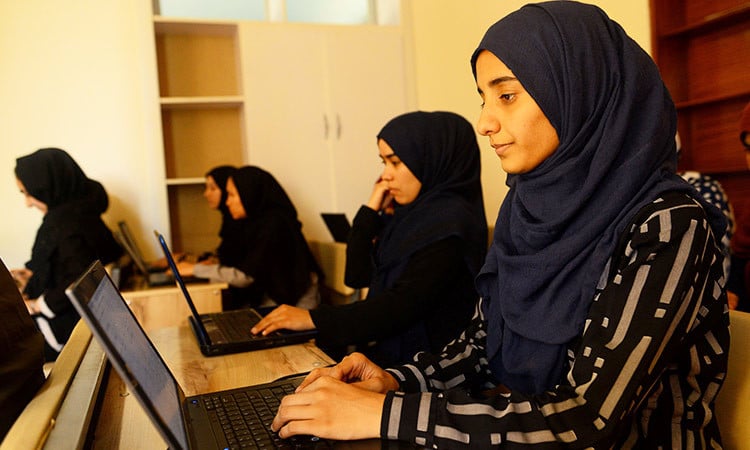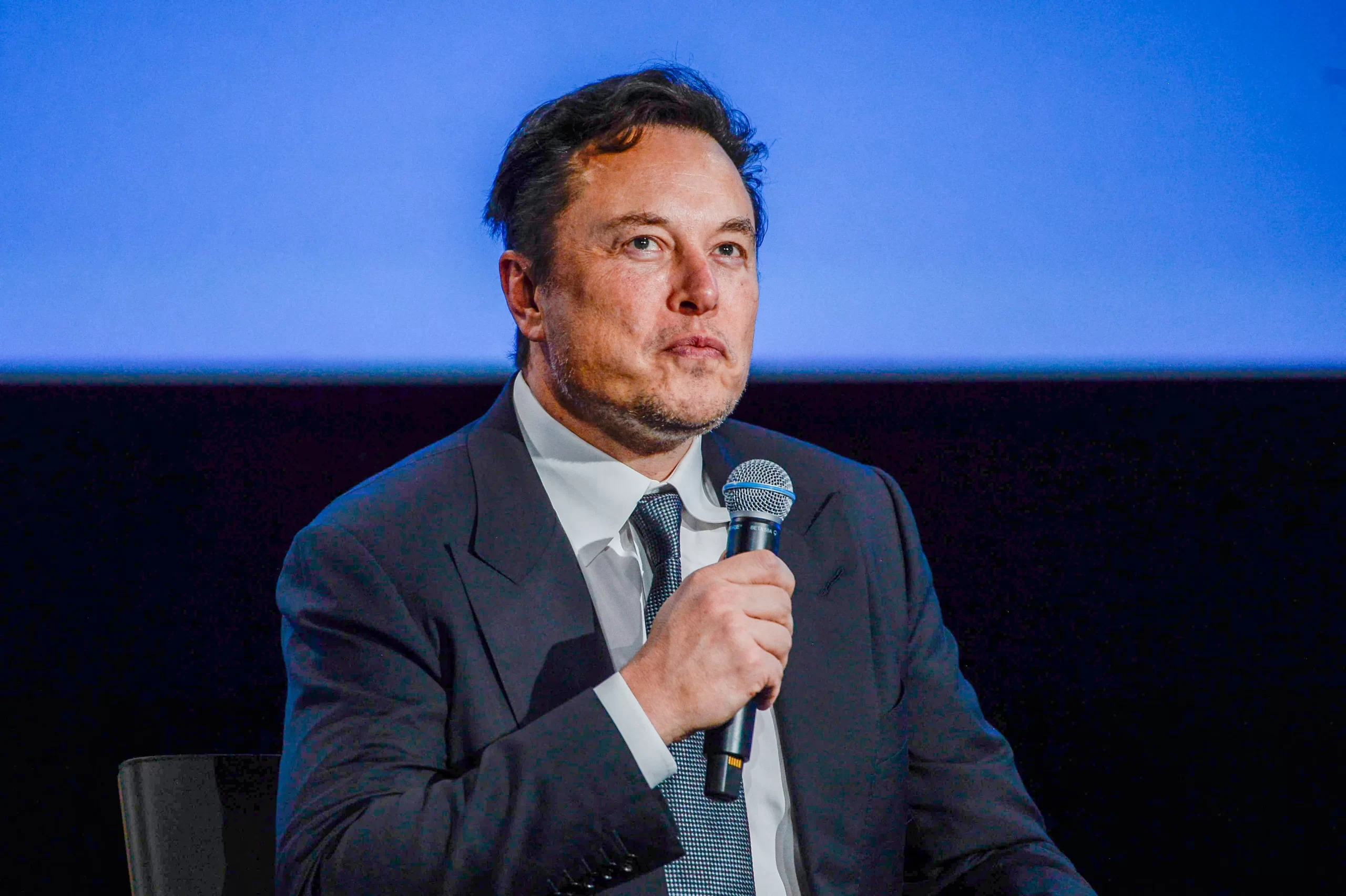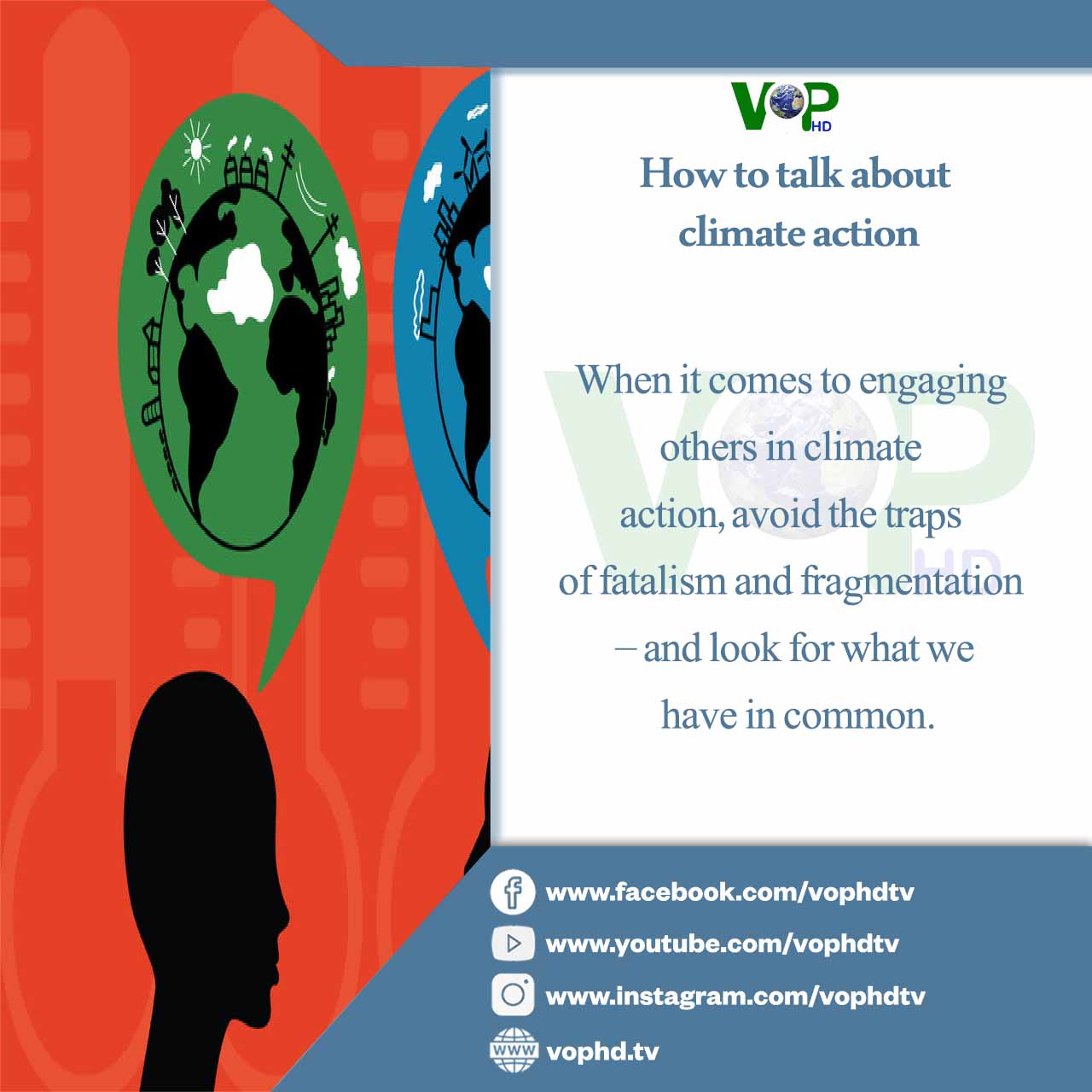
How to talk about climate action

When it comes to engaging others in climate action, avoid the traps of fatalism and fragmentation – and look for what we have in common.
We know what must be done to combat climate change and the cost of failing to do so. We have known for decades, and yet the world is heading towards catastrophic heating of 2.7°C. Writing in 2020, Sir David Attenborough said: “Saving our planet is now a communications challenge. We know what to do, we just need the will.”
This prompts the question: how we can rise to that challenge?
According to the IPCC, the world’s leading scientific authority on climate change, we must almost halve global emissions by 2030 to keep warming within 1.5°C. Instead, we are on track to increase global emissions. To feel hopeless is not irrational. A 2022 survey conducted in 27 countries identified 20 per cent of respondents as climate ‘defeatists’ (believes humanity can reduce climate change but will fail to do so) and 11 per cent as climate ‘fatalists’ (believes humanity cannot reduce climate change), with disproportionately high levels of fatalism among young people.
Hopelessness regarding climate change takes various forms across the political spectrum. Among young activists, there is a perception that individuals can do little about climate change, which they see as a systemic issue. Others point to the UK’s small share of global emissions today (1 per cent) compared with China’s (29 per cent) to justify inaction.
Being honest about our current trajectory while avoiding inciting hopelessness, then, is a major challenge when it comes to discussing climate change. Experts in the subject advise always following warnings with empowering calls to action.
“A phrase we often refer to is: ‘No fear without agency’,” says Dr Neil Jennings, who is based at the Grantham Institute (Climate Change and the Environment) at Imperial College London. “We need to be absolutely open and honest about the trajectory that we are on, but that needs to be accompanied by messaging and actions and practical things that people can do to help us avert that scenario.” Jennings and his colleagues have written an incisive guide to climate action, of which the top suggestion is “make your voice heard by those in power”, followed by high-impact consumer and community actions. The list acknowledges that there isn’t much individuals can do without playing into the fantasy that climate change can be resolved by individual action alone.

Aside from on a few occasions, such as during last summer’s heatwaves, climate change is not a top concern for the UK population. One of the best ways to engage people with climate action, therefore, is to emphasise win-win actions that contribute to a brighter future that people want to be part of. Some of the most attractive co-benefits of climate action – things that get people out of bed in the morning and keep them awake at night – include improvements in public health, growth of green jobs, and tackling inequality.
Fairness is a potent factor in climate communication. “Particularly [among] British people, there’s that phrase: it’s just not cricket. There’s this perception that things should be fair,” says Jennings. “Surveys have consistently found that the fairness side is a really key determinant of the way messages land, and the way policies are perceived.”
Which co-benefits are most motivating, however, depend on the interests of the target audience. People with children may be more preoccupied by air pollution. People with nationalistic values may be more receptive to mention of energy security and the potential to discourage mass migration from the Global South. In order to talk with others – not merely at others – about climate change, we must look beyond the worldviews that we hold dear.
“There is no one-size-fits-all approach,” says Dr Rob Bellamy, a lecturer at the University of Manchester’s Department of Geography. “Whatever messaging you try to use, it’s going to resonate well with some but it’s probably going to alienate others. An example I’ve worked with in the past is climate tipping points – when there’s a sudden potential climate catastrophe in our hands; they tend to only resonate with people who have an egalitarian set of values.”
Climate Outreach, a group of expert climate communicators, researched differing attitudes towards climate change using the ‘More in Common’ typology, which divides the population into seven segments with distinct values. Most active climate campaigners are classified as ‘Progressive Activists’ (more highly educated, young and Remain-voting than average). This group tends to view climate change as a global issue in need of global solutions. Despite being informed and engaged when it comes to climate change, Progressive Activists are often pessimistic about it; the communications challenge for them is to give them a sense of agency.
On the other side of the typology is the ‘Loyal Nationals’ group (lower level of education, older and more Leave-voting than average), which views climate change through a local lens. “They don’t see climate change primarily as a political or a global thing. They will see it through the lens of pollution and through the lens of green space […] their story is generally about going back to a better time; this sense of returning to a past, rebuilding, renewing, restoring, all these ‘re’ words. Climate can’t be separated from that,” says David Powell, senior engagement advisor at Climate Outreach. “Communicating to them is about coming together in your community, a sense of pride and acting together to affect things. What you wouldn’t do with that segment is advise them to write to their MP or talk about the importance of solidarity with the Marshall Islands, because that’s not the way they see that issue.”
Climate Outreach and More in Common have no desire to replace two tribes (Leave and Remain) with seven; they acknowledge heterogeneity within each group and similarities between groups. Even Progressive Activists and Loyal Nationals – the two groups which may be seen as most at odds with each other – have lots in common. Research has found that these two groups care very strongly about fairness. When it comes to climate action, they believe that the elites who cause most damage to the environment should bear the cost.
Similarities like this are an opportunity to start breaking down tribal barriers and find consensus about how to proceed with climate action. Extremely encouraging results have emerged from UK citizens’ assemblies, which, in bringing together people of all political affiliations to talk about climate change, have produced sets of proposals for climate action noticeably more ambitious than those of the UK government.
There is much to feel discouraged and disempowered by, but we must avoid the trap of pluralistic ignorance: in this case, the belief that nobody else cares about climate change. We are connected to people – millions, if not billions of people – who, once we take a moment to look past our differences in perspective, share a fundamental wish to save our world from the worst impacts of climate change. There is much to do, not only as consumers, but within communities and campaigns at every level: from petitioning to protect trees in the local park to writing to MPs in support of more generous climate finance for Britain’s former colonies.
It has become more common to speak about social and economic equivalents of climate tipping points: the moments when cascades of climate action begin and cannot be stopped. A recent study presented at the World Economic Forum in Davos identified three potential economic tipping points – reached when zero- or low-carbon alternatives become competitive – which could transform carbon-intensive industries. Sir David Attenborough’s perfectly judged ‘Blue Planet II’ prompted a social tipping point regarding single-use plastics. We are likely to be on the precipice of another now, prompted by citizen-led movements like the School Strike for Climate and Extinction Rebellion. These movements remind us that, standing together, we can make a difference.
























































































































